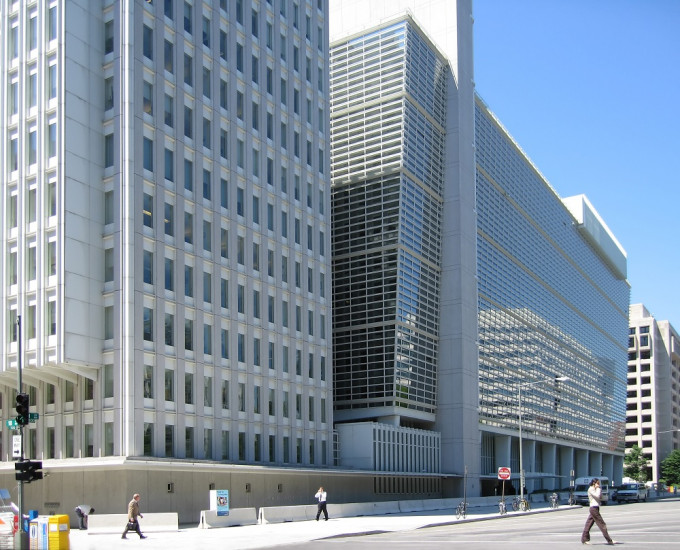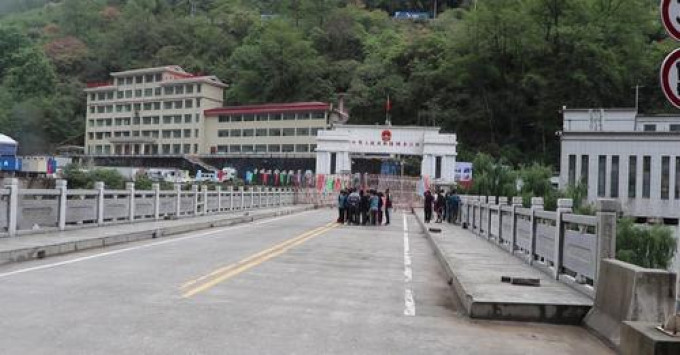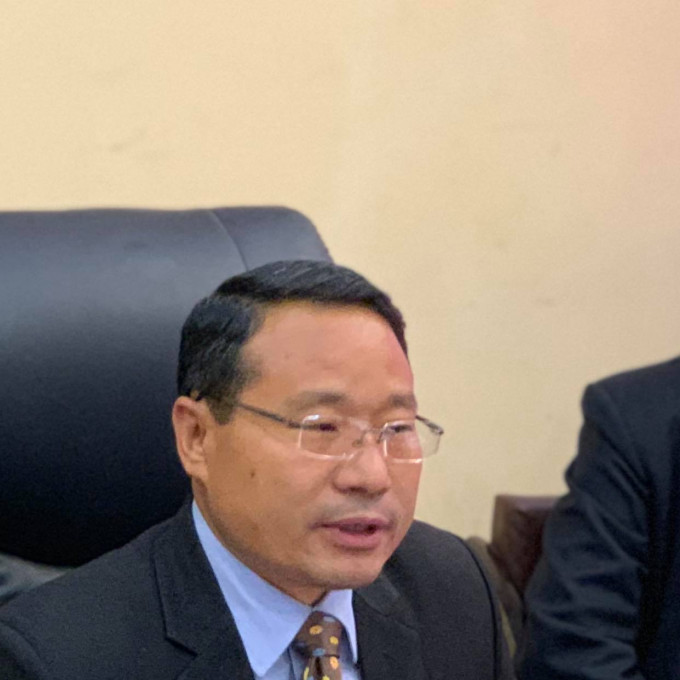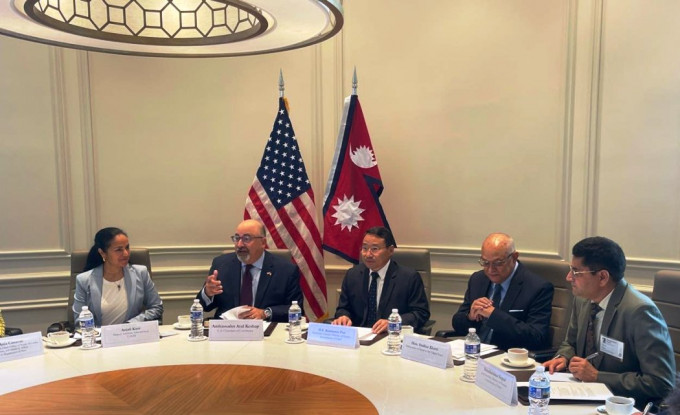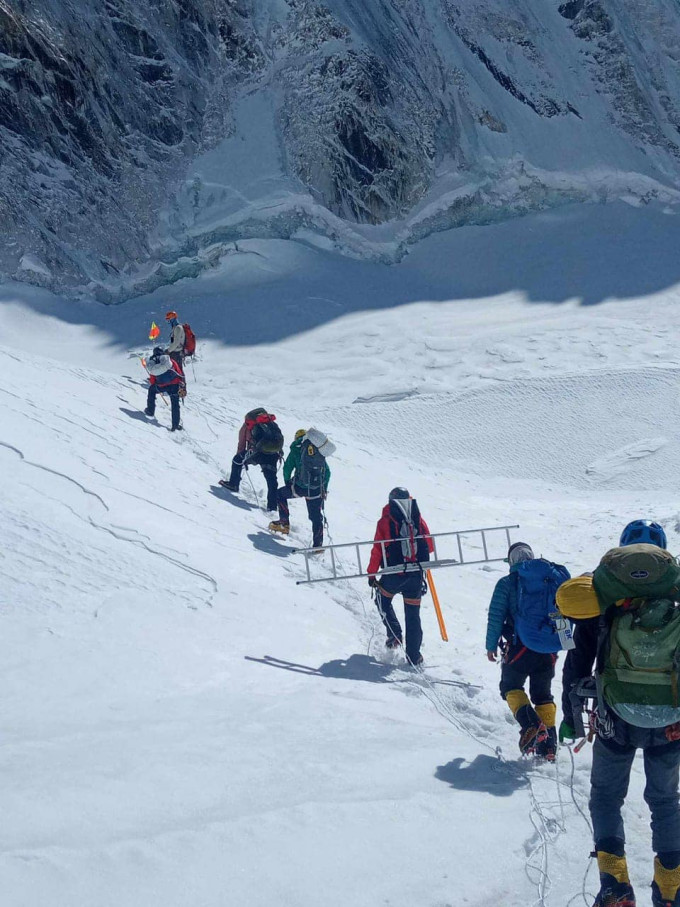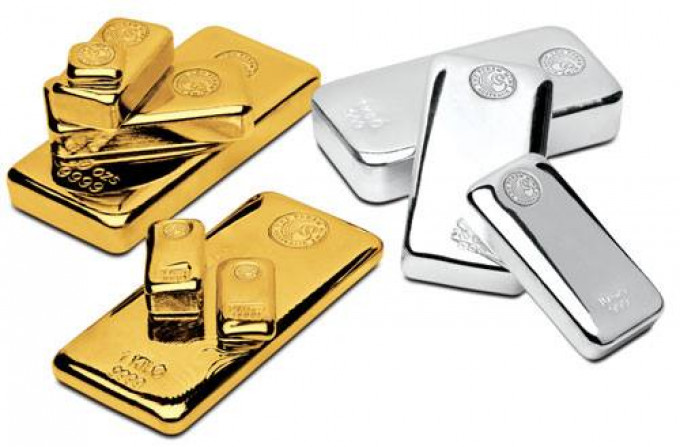Tunisia’s increasingly authoritarian president appears determined to upend the country’s political system. The strategy is not only threatening a democracy once seen as a model for the Arab world, experts say it is also sending the economy toward a tailspin.
The International Monetary Fund has frozen an agreement meant to help the government get loans to pay public sector salaries and fill budget gaps aggravated by the COVID-19 pandemic and the fallout from Russia’s war in Ukraine.
Foreign investors are pulling out of Tunisia, and ratings agencies are on alert. Inflation and joblessness are on the rise, and many Tunisians, once proud of their country’s relative prosperity, now struggle to make ends meet.
An election debacle a week ago has made matters worse: Just 11% of voters took part in a first-round vote for a new parliament meant to replace a legislature disbanded last year by President Kais Saied. Opposition figures, including from the popular Islamist movement Ennahdha, are demanding that he step down, and unions are threatening a general strike.
Saied himself designed the elections to replace and reshape the parliament, as part of broad reforms that bolster his powers and that he says will solve Tunisia’s multiple crises. But voter disillusionment with the ruling class amid dire economic troubles contributed to a near-boycott of the election.
Tunisia’s Western allies, like the United States and France, have expressed concern and urged the president to forge an inclusive political dialogue that would benefit the sluggish economy. Tunisia was the birthplace of Arab Spring democratic uprisings 12 years ago.
Saied rejected criticism over the low voter turnout, saying what really matters is the second round of voting Jan. 19. He says his reforms are needed to rid the country of the corrupt political class and Tunisia’s foreign enemies. He lashed out at his political foes in the Ennahdha party, which had the largest number of lawmakers in the previous parliament, and ordered the arrest this week of its vice-president and former Prime Minister Ali Larayedeh on terrorism-related charges.
Saied’s promises to stabilize the economy helped ensure his landslide victory in the 2019 presidential election.
But he has yet to present an economic recovery plan or strategy for his deeply indebted government to secure funds to pay for food and energy subsidies. The president has sidelined economists in state institutions, stalling the country’s budget and souring the environment for foreign investors.
Tunisians have been hit with soaring food prices and shortages of fuel and basic staples like sugar, vegetable oil and rice in recent months. Inflation has reached 9.1%, the highest in three decades, according to the National Institute of Statistics, and unemployment is at 18% percent, according to the World Bank.
READ ALSO:

